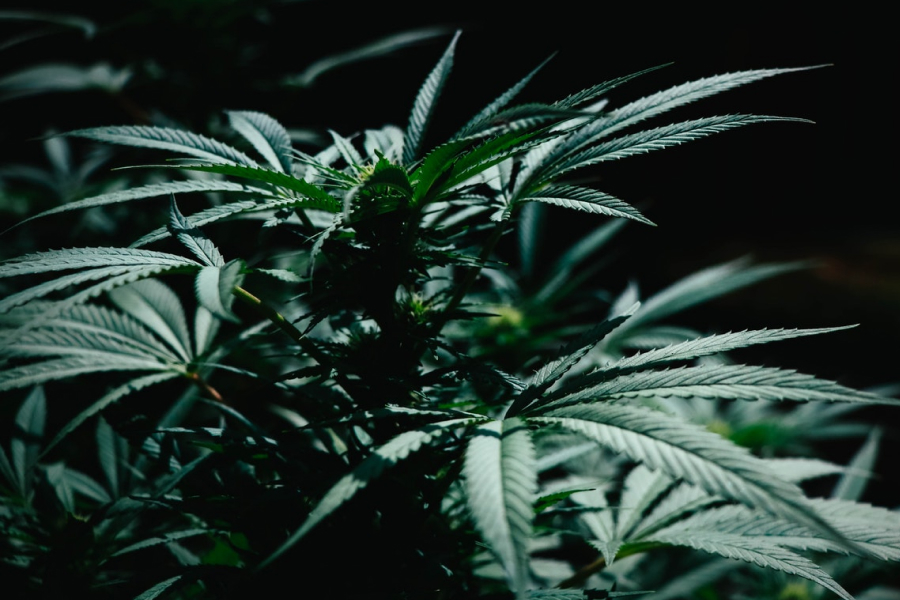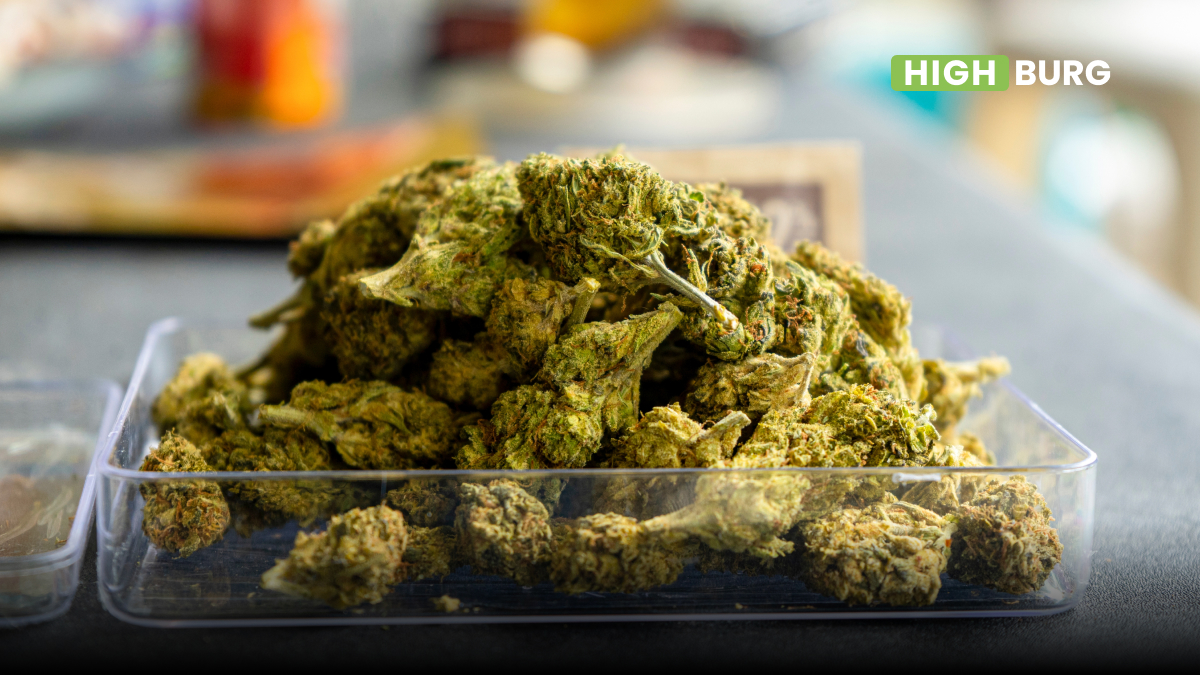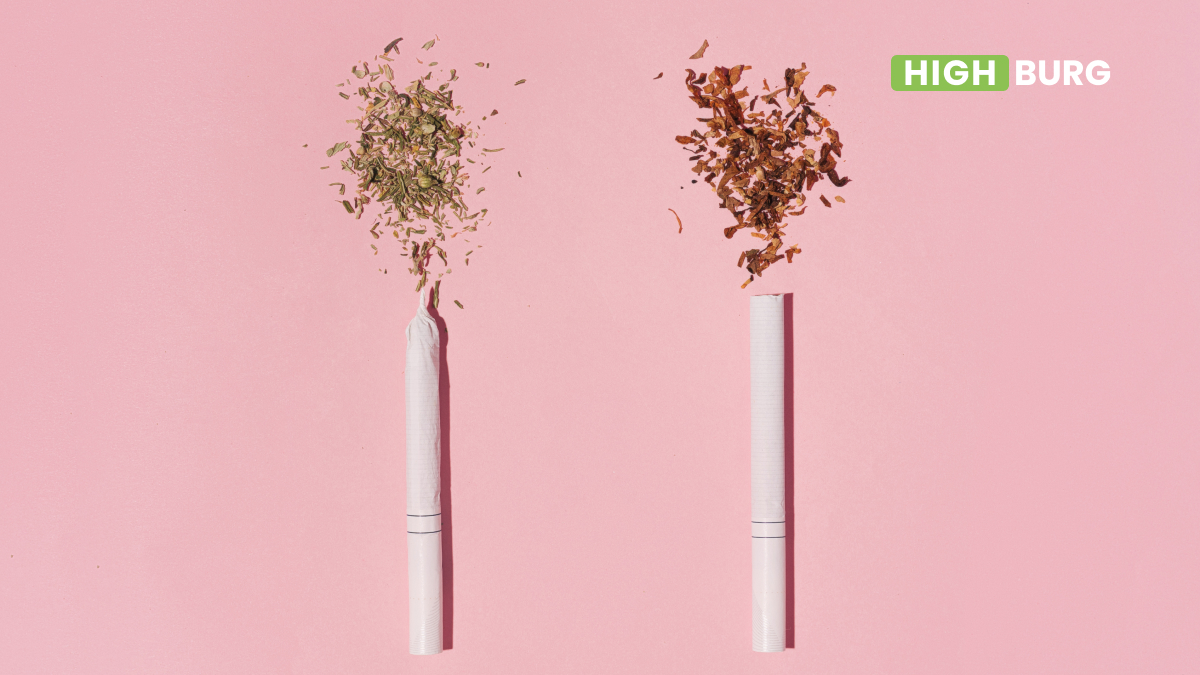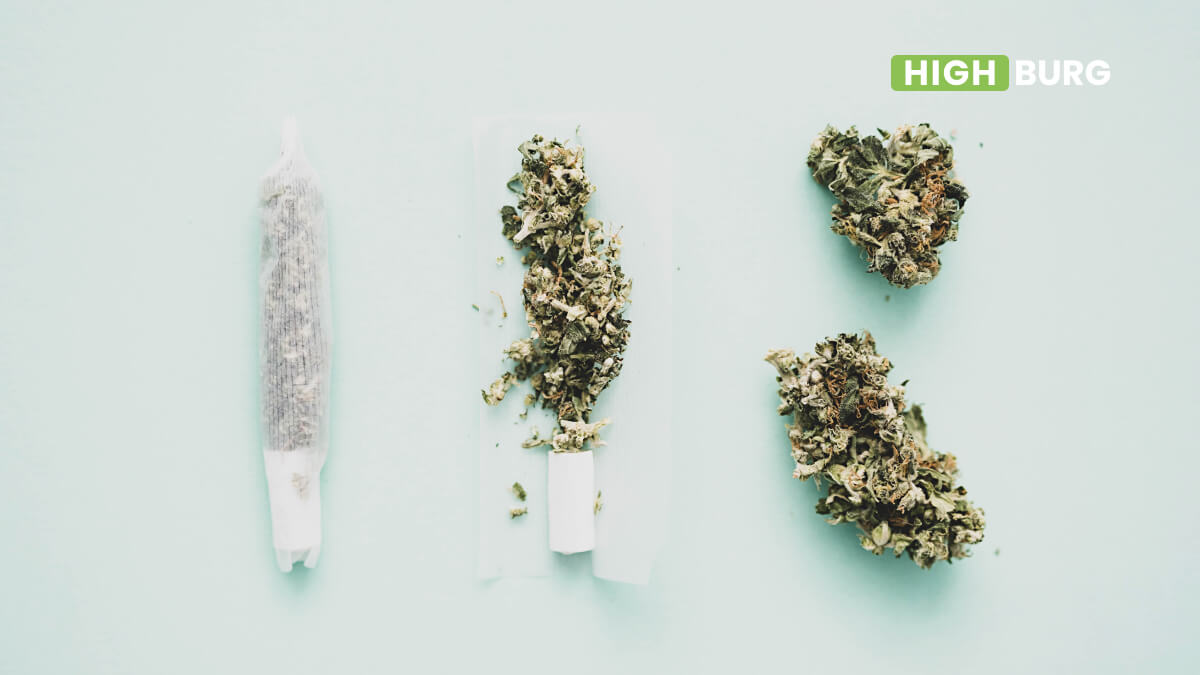When people have to undergo routine drug testing as part of their employment or for other reasons, they might wonder, ‘does delta 8 show up on a drug test?’
One of the common cannabinoids that people commonly talk about is delta 8 THC. If you’re the type of person that consumes weed regularly, you might have potentially heard of this cannabinoid before.
Does delta 8 show up on a drug test? This is a common question that people flock to Google for, and it’s understandable because some people have to go through routine drug testing as part of their employment.
Delta 8 THC isn’t as strong as delta 9 THC. More and more people are using delta 8 THC because of how mild it is in comparison to its counterpart.
Drug Testing For Delta 8 THC
Delta 8 THC is one of the milder and more minor cannabinoids in the cannabis plant. You typically won’t be able to find a cannabis strain that is completely delta 8 THC. Delta 8 THC is a byproduct of delta 9 THC when it starts to break down.
When it comes to the psychoactive effects, delta 8 THC is nowhere near as strong as delta 9 THC. You might still get a high from it, but it won’t even be comparable to delta 9 THC.
In small doses, you might feel your mood boosted a little bit. You might also feel a like you have some additional energy. If you consume a large quantity of delta 8 THC, there is a chance you’ll feel sedated.
For cannabis consumer that stay away from delta 9 THC because of its tendency to cause paranoia or anxiety, you won’t get that with delta 8 THC. The chemical composition of delta 8 THC is quite similar to delta 9 THC, but they do differ in their atomic bond structure.
The bond structure of delta 8 THC is different in the 8th carbon chain. The bond structure in delta 9 THC differs at the 9th chain. Because of this difference, delta 8 THC is about 50% of the strength and potency of delta 9 THC. You’d have to consume double the amount of delta 8 THC to get as high as you would with delta 9 THC.
Many people who purchase delta 9 THC report that their pain symptoms dissipated soon after taking it. Users also reported that:
- Their mood increased
- They felt more focused
- They experienced less stress
- Their appetite was boosted
- Their experienced less nausea
For these reasons, more and more people are beginning to use delta 8 THC.
Drug Tests – How Do They Work?
THC drug tests are used to determine whether or not a person has recently used marijuana. The test is performed by taking a sample of your blood, urine, saliva, or hair. If the THC drug test is positive, it means that you have recently consumed marijuana.
These tests are often used by employers to determine if their employees are using drugs and may lead to disciplinary action if they find out that you have been using marijuana.
THC drug tests work by detecting traces of delta 8 or delta 9 THC in the body. THC is the active ingredient in marijuana and its metabolites can be detected for up to several weeks after use. This makes it possible for employers or law enforcement officers to test employees or suspects for recent marijuana use.
To detect THC in your system, your sample will need to be tested with a device called an immunoassay test kit (IAT) or other type of testing method. This type of testing kit uses antibodies that bind to molecules in your blood or urine and then change color when they bind with their target molecule. If you have recently used marijuana, there will be a positive result on the testing kit.
What Types Of Substances Can Drug Tests Detect?
Drug tests commonly look for the following substances:
Alcohol
Alcohol is one of the most common drugs found in drug tests. It’s often used as a way to “clean” the system before another test, but it can also be detected by some tests even after it has been metabolized (broken down) by your body.
The amount of time it takes for alcohol to leave your system depends on how much you consume, but most people pass a urine test for alcohol within 24 hours of their last drink.
Amphetamines
Amphetamines are stimulants that speed up brain activity and heart rate. They’re used to treat attention deficit hyperactivity disorder (ADHD), obesity, narcolepsy, and other conditions.
Amphetamine use is illegal in many countries because it can be addictive and cause serious health problems. Common street names include speed, meth, and crystal meth.
Cocaine
Cocaine is an illegal stimulant that increases alertness, concentration, and energy levels while decreasing fatigue and appetite. It can also cause feelings of euphoria (extreme happiness).
Cocaine is typically snorted or injected into the bloodstream with a needle; however, smoking cocaine is common as well.
Opiates
Opiates are a class of drugs derived from the opium poppy plant. Opium is a milky latex that comes from the seed pods of the opium poppy, which grows in Southeast Asia and Southwest Asia. Opium, the dried milky latex sap, can be used to make morphine and heroin.
Opiates affect the central nervous system in two ways:
Morphine and codeine are opiates because they are made from opium. They are used as pain relievers for people with severe injuries or illnesses that cause chronic pain, such as cancer or AIDS.
Heroin is an opiate that is used illegally because it gives users a rush (intense feeling) when they inject it into their veins, smoke it in a pipe or sniff it through their noses (snorting). Heroin can also be injected directly into a vein (mainlining), snorted, or smoked in an illegal use known as freebasing (smoking).
Barbituates
Barbiturates are a class of drugs that act as sedatives and hypnotics. They were developed in 1912 by Bayer and have been used to treat anxiety, insomnia, seizures, and depression. Barbiturates are effective at inducing sleep and relieving tension and anxiety, but they also cause physical dependence.
Barbiturates are addictive because they produce a euphoric high when taken in large doses. As with other addictive substances, chronic abuse can cause physical dependence, which means that the body needs the drug to function normally.
If you stop taking barbiturates abruptly, you may experience withdrawal symptoms such as nausea, vomiting, and tremors.
Although barbiturate abuse has declined significantly since the 1970s due to stricter regulations on prescription availability and new synthetic drugs like benzodiazepines that are safer for users but still effective as sedatives, it’s still possible to find barbiturates on the black market today.
Cannabis
Cannabis is a flowering plant that has three different species: Cannabis sativa, Cannabis indica, and Cannabis ruderalis.
Cannabis sativa is the most common species of cannabis. It has a long history as a medicine and recreational drug. Scientists believe that Cannabis indica and ruderalis are also closely related to cannabis sativa.
Benzodiazepines
Benzodiazepines are a class of drugs that help to ease anxiety and induce sleep. They’re also frequently used as sedatives in medical settings.
Benzodiazepines work by increasing the activity of a neurotransmitter called GABA (gamma-aminobutyric acid), which reduces excitability throughout the nervous system.
People who abuse benzodiazepines typically take them in high doses or in combination with other drugs, such as alcohol or heroin.
The effects of benzodiazepines can be dangerous: they can cause memory impairment, mental confusion, and slurred speech, among other side effects. They can also be fatal if taken in high doses or combined with other depressants like alcohol and opiates (e.g., opioids).
Drug Tests
Gas Chromatography-Mass Spectrometry (GC-MS) drug testing is a method of identifying and quantifying the presence of drugs in a sample. A GC-MS test will identify drugs that are present in a sample, but it will not detect their quantity or concentration.
The GC-MS test can detect the presence of any illicit or prescription drug that has been metabolized by the body into its constituents. This includes cocaine, marijuana, heroin, methamphetamines, LSD, MDMA, and many more. The test also detects synthetic cannabinoids like spice and K2 as well as designer drugs like bath salts.
A GC-MS test can take anywhere from 30 minutes to several hours to complete depending on the type of equipment used and how much material is being tested. It is important to note that there are different types of mass spectrometers used for this purpose so results may vary depending on which machine was used for testing.
Does Delta 8 Show Up On a Drug Test?
So, does delta 8 show up on a drug test? Delta 8-THC is a breakdown product of THC and has a half-life of 1-2 days. That means that after 2 days, half the amount of Delta 8-THC will be eliminated from your body. After 4 days, another quarter will be eliminated, and so on.
This means that if you take 60mg of Delta 8-THC, you can expect to have only about 20mg in your system after 5 days (60mg x .5 / 5).
How Long Will Delta 8 THC Stay Remain Detectable?
Delta 8 THC can remain detectable in your body anywhere from 2 days, all the way up to 30 days.
It’s important to understand that there are many factors that can affect the detection period for marijuana and its metabolites. These factors include:
1) The type of test being used (there are several different types of tests used by employers).
2) The frequency of use (heavy or regular users will be detected longer than infrequent users).
3) How much marijuana was consumed (the more consumed, the longer it takes to clear).
4) Whether or not other drugs were consumed at the same time (consumption of other drugs can have an impact on how long it takes delta 8 THC to clear).
How Do I Pass A Cannabis Drug Test?
The best way to pass a drug test is to stay clean. This means not smoking or consuming marijuana for at least two weeks before the test.
Here are some ways to pass a cannabis drug test:
Drink lots of water and eat high-fiber foods like vegetables, fruits, and whole grains. The more water you drink, the more likely THC metabolites will leave your system in your urine.
Flush out your system. To do this, you can use detox pills or drinks that flush out toxins from your body and prevent them from entering the urine. This method is not always effective because it takes time for the body to be cleansed of all drugs, so this may not work if you have been using marijuana regularly.
Drink cranberry juice or take cranberry supplements just before going into the testing area. Cranberry juice contains compounds that can prevent THC from being absorbed into your bloodstream, so if your urine is too diluted then this might be a good option for you.
Key Takeaways
All in all, the best way to ensure that you’ll pass a drug test without any issues is to refrain from using any type of cannabis well before the screening period.



